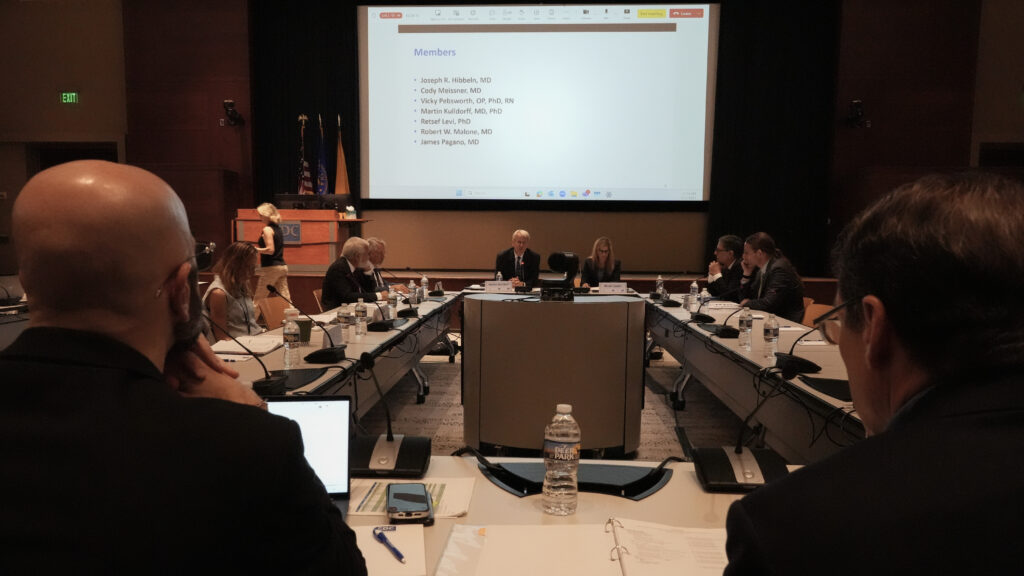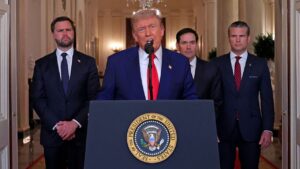
WASHINGTON, D.C. – A pivotal shift in U.S. vaccine policy emerged as the Advisory Committee on Immunization Practices (ACIP), newly influenced by Robert F. Kennedy Jr., convened for a landmark meeting. The session, marked by contentious debates and technical challenges, signaled a potential transformation in national health recommendations.
Immediate Impact on Vaccine Policy
The ACIP meeting opened with a critical review of pandemic-era issues and concluded with discussions on embedding controversial anti-vaccine rhetoric into federal policy. This significant development reflects the growing influence of vaccine skeptics within public health decision-making bodies.
Key Details Emerge from the Meeting
Throughout the 13-hour session, the ACIP experienced technical difficulties and procedural missteps. A public comments segment featured health experts expressing alarm over proposed policy changes. A notable moment occurred when a panelist questioned CDC staff about a possible “pattern of broad-based energy” contributing to a rise in flu fatalities this year.
“These are extraordinarily remarkable products, they are safe, and they are effective,” said Cody Meissner, a pediatrics professor at Dartmouth College, emphasizing the thorough vetting process for new vaccines.
Industry Response to ACIP Changes
The meeting underscored a departure from traditional public health protocols, empowering individuals with longstanding objections to influence national health guidelines. This shift has sparked concerns among medical professionals and policy experts.
“We have an ACIP. It’s just not a good or qualified or trustworthy ACIP,” remarked Dorit Reiss, a vaccine law expert at the University of California, San Francisco, highlighting the committee’s contentious composition.
Background Context and Historical Significance
This ACIP session was unprecedented in the committee’s 64-year history, reflecting broader societal debates over vaccine safety and efficacy. The timing is particularly significant given the ongoing public discourse surrounding vaccine mandates and health autonomy.
What Comes Next for U.S. Vaccine Policy?
The implications of this meeting could reshape the future of vaccine recommendations in the United States. Experts warn that the integration of anti-vaccine narratives into official policy could undermine public trust in vaccination programs.
The move represents a significant shift from established health practices, raising questions about the future direction of U.S. vaccine policy.
Expert Analysis on Potential Outcomes
According to sources familiar with the proceedings, the ACIP’s new direction could lead to increased scrutiny of vaccine safety and efficacy, potentially delaying the introduction of new vaccines. This development builds on existing challenges in public health communication and policy implementation.
As the nation grapples with these changes, the role of science and evidence-based decision-making remains crucial in shaping effective health strategies. The announcement comes as health officials continue to advocate for comprehensive vaccination to combat preventable diseases.
The ACIP’s evolving stance on vaccines will likely prompt further debate and legislative action, as stakeholders seek to balance public health priorities with individual rights and freedoms.







